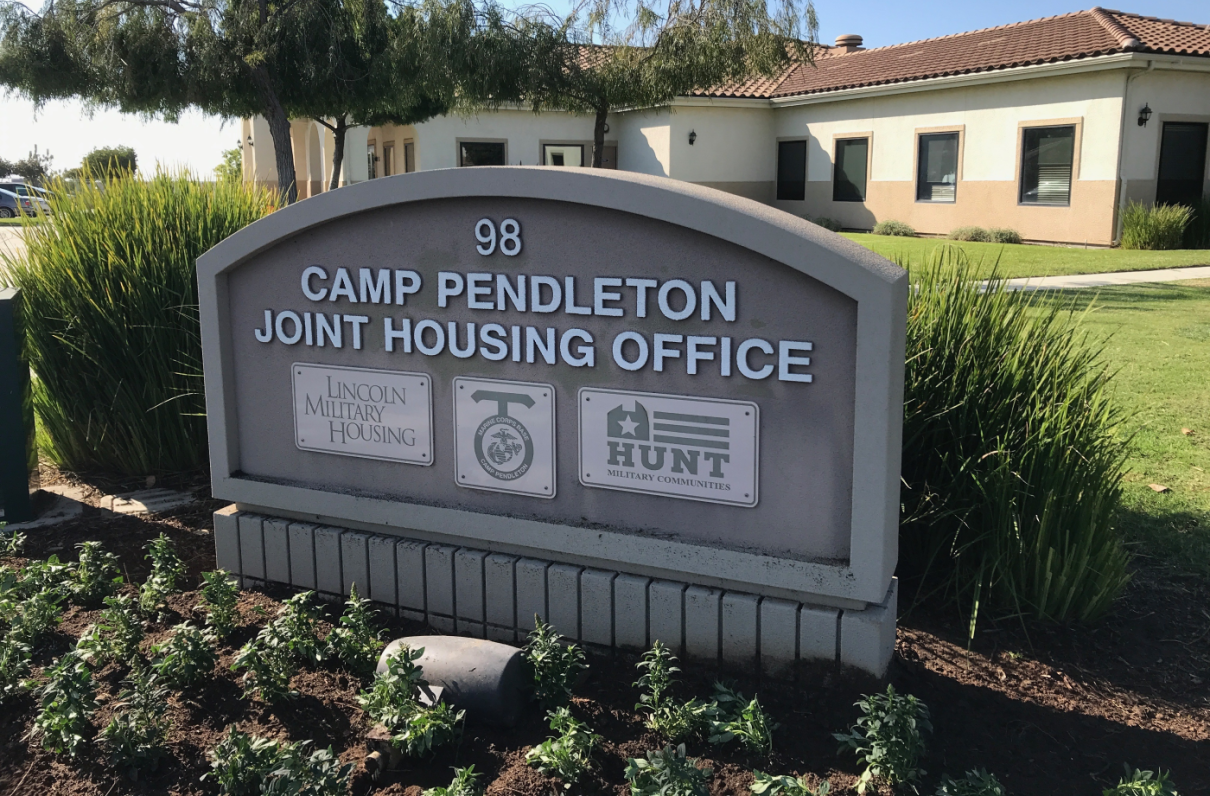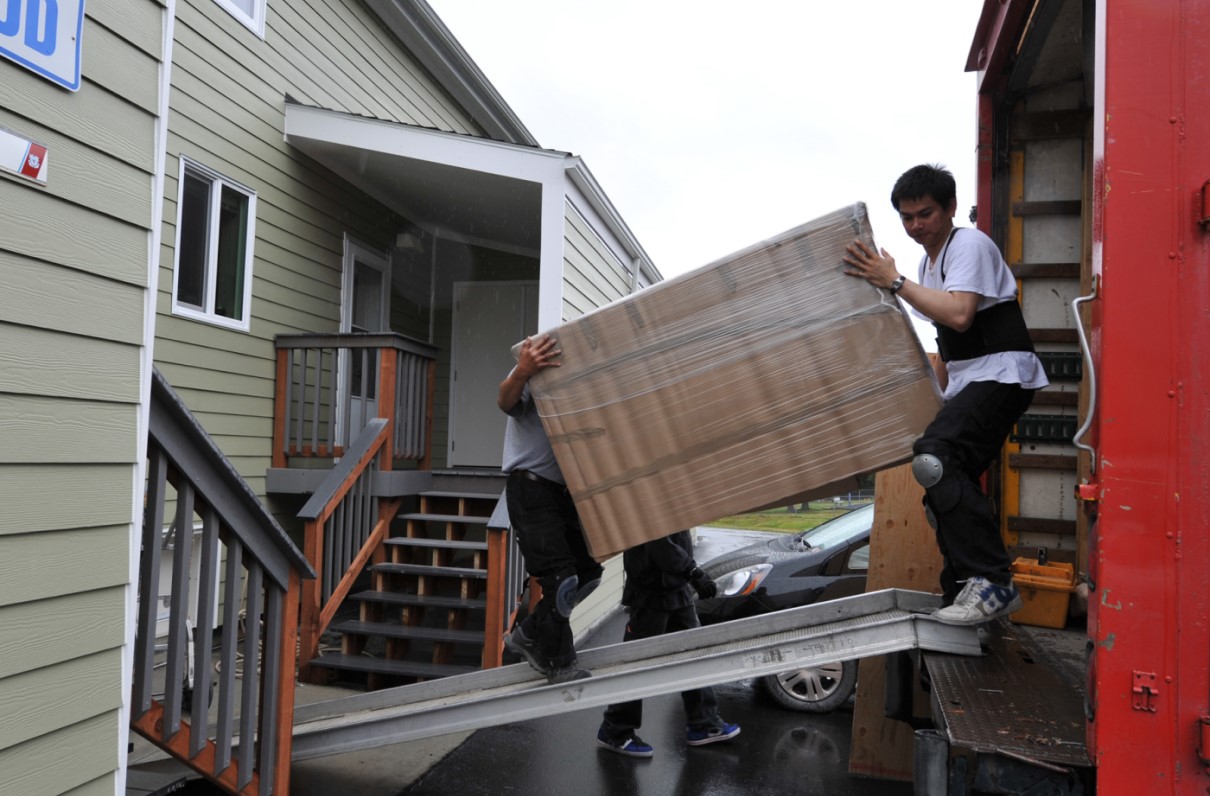MOAA has played a leading role in addressing health and safety hazards in military family housing. After collecting stories from families, investigating the issues and validating concerns, and sharing information with DoD and Congress, efforts are ramping up to improve these homes. But any progress warrants continued watching, so stay tuned for updates.
MOAA-Supported Legislation
The Ensuring Safe Housing for Our Military Act (S. 703/H.R. 1792) ensures proper credentialing and management plans, removes deposits and fees for housing, and allows for tenants to withhold their housing allowance in the event of a dispute. Further, the bill directs the establishment of a new work order system and directs an investigation into retaliation claims while providing legal guidance and resources to families.
[TAKE ACTION: Ask Your Lawmakers to Cosponsor S. 703/H.R. 1792]
MOAA continues to work with other congressional offices to address additional gaps in oversight and to ensure total eradication of health and safety hazards.
Tenant Bill of Rights
Senior leaders of all the services are drafting and editing a unified tenant bill of rights, which will codify the rights and requirements for tenants, private partners, and military housing officials so they may all better understand expectations and responsibilities of all parties associated with military privatized housing.
This document will be an important resource and will be bolstered by performance metrics to be determined by DoD and the installation commanders. DoD is reviewing the performance metrics now in place to evaluate success of private partners; officials will determine if the right things are being measured, and how. These performance metrics are especially important to the companies, as their incentive fees and bonuses are based on metric outcomes.
Health Registry
All of the services have reported integration of their public health teams and offices of their surgeons general in addressing the health impacts of substandard housing.
Army Surgeon General Lt. Gen. Nadja West has started soliciting data from families who have lived in unsafe housing condition in order to create a registry of health and safety hazards reported in Army housing.
MOAA urges other services to follow suit by establishing their registry database for substandard housing.
What More Needs to Be Done?
MOAA continues to advocate to ensure:
- More enforcement mechanisms are created to hold private partners accountable.
- No family endures financial hardship from health and safety hazards in military housing.
- Health issues caused by substandard housing are addressed, mitigated, and tracked.
- Management best practices, rights and proper funding are translated to government-owned family housing and unaccompanied servicemembers barracks.
In addition to writing your member of Congress, please send us your housing experiences, good or bad, at legis@moaa.org. Stay up to date with upcoming legislation on military housing by subscribing to the MOAA newsletter.




